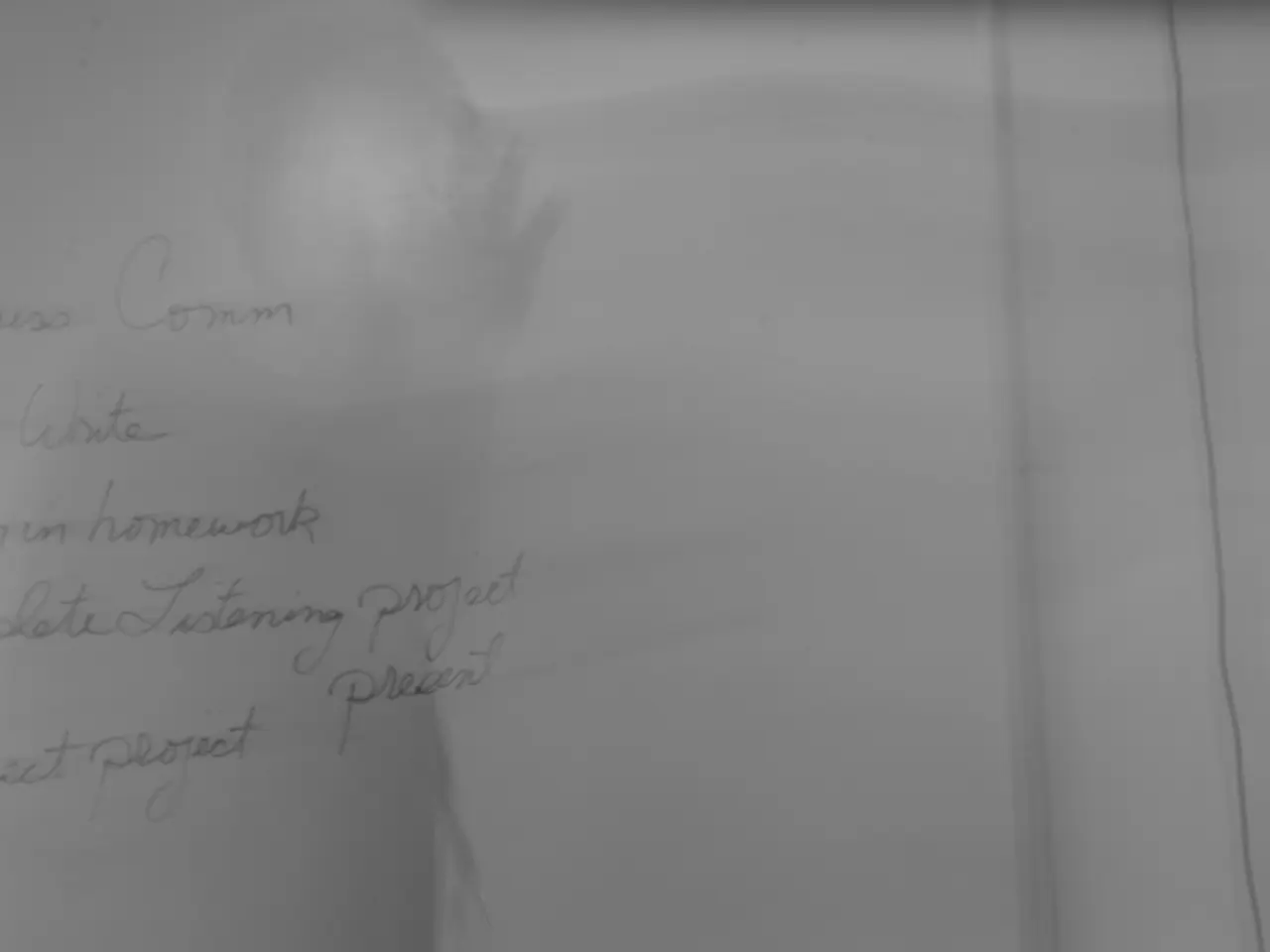The Fluctuating Limitations of Bans: A Look at Restricted Actions
*Germany's Right-Wing Extremist Magazine Compact Stays Unbanned: What it Means for AfD and Democracy*
The cat's out of the bag, and Compact, Germany's controversial right-wing extremist magazine, can continue to spew its antisemitic, anti-minority, and revisionist content[1][2][3][4]. This isn't just a win for the magazine - it could signal a slippery slope for Germany's democratic landscape, particularly for the Alternative for Germany (AfD) party.
Last Tuesday, the Federal Administrative Court of Germany decided to lift the ban that once kept Compact and its publishers at bay. The court's decision rests on the constitutional protections of freedom of the press and opinion, which also extend to "enemy of freedom" publications[1][2]. Now, the magazine's racist rhetoric may find a wider audience, potentially exacerbating tensions within the already divided German society.
The court held that a ban should be proportionate, only imposed when there is evidence of significant and formative influence on anti-constitutional activities[1][2]. In this case, the court found that Compact's content, as per Germany's domestic intelligence agency, did not quite reach that level of severity.
While the Compact ban saga does not have a direct impact on AfD, the ruling does offer some valuable insights. For one, it highlights the high bar for banning publications - the evidence must definitively show the central role in anti-constitutional activities, and constitutional freedoms should take precedence[1][2][3]. Secondly, it serves as a reminder that even extreme and hateful speech, as long as it falls short of inciting direct, formative influence on illegal activities, receives constitutional protection[2].
The court's decision could set a significant precedent for banning similar entities in the future. Authorities would be required to provide very strong evidentiary standards, given the circumstances of the Compact case, making it more challenging to justify such bans[2]. With the path to banning entities becoming foggy, the government may have to rely on monitoring and other legal tools to counteract extremist content.
The reinstatement of Compact, a platform for extremist narratives once deemed harmful, is undoubtedly a contentious move[2]. As for the AfD, the ruling implies a similarly high bar for banning a political party that may be working against the constitutional order in a significant and formative way[2]. The difficulty in proving such formative role of extremism in the AfD's activities will likely constrain the government's ability to justify banning them based on links to extremist behavior or rhetoric[2].
The Federal Administrative Court's decision places strong emphasis on constitutional protections for freedom of expression, even for extremist views. With the high legal bar set for banning entities, we can expect more battles ahead in the war against extremism - battles that may force the government to reconsider its strategies and the courts to tread carefully, always mindful of the delicate balance between freedom and security.
The decision to lift the ban on Compact, Germany's controversial right-wing extremist magazine, could have far-reaching implications for the AfD party and the broader landscape of politics, policy-and-legislation, and general-news in Germany. The ruling serves as a reminder that even extreme and hateful speech, as long as it does not incite direct, formative influence on illegal activities, receives constitutional protection under the guise of freedom of press and opinion, potentially expanding the reach of crime-and-justice-related extremist content.





